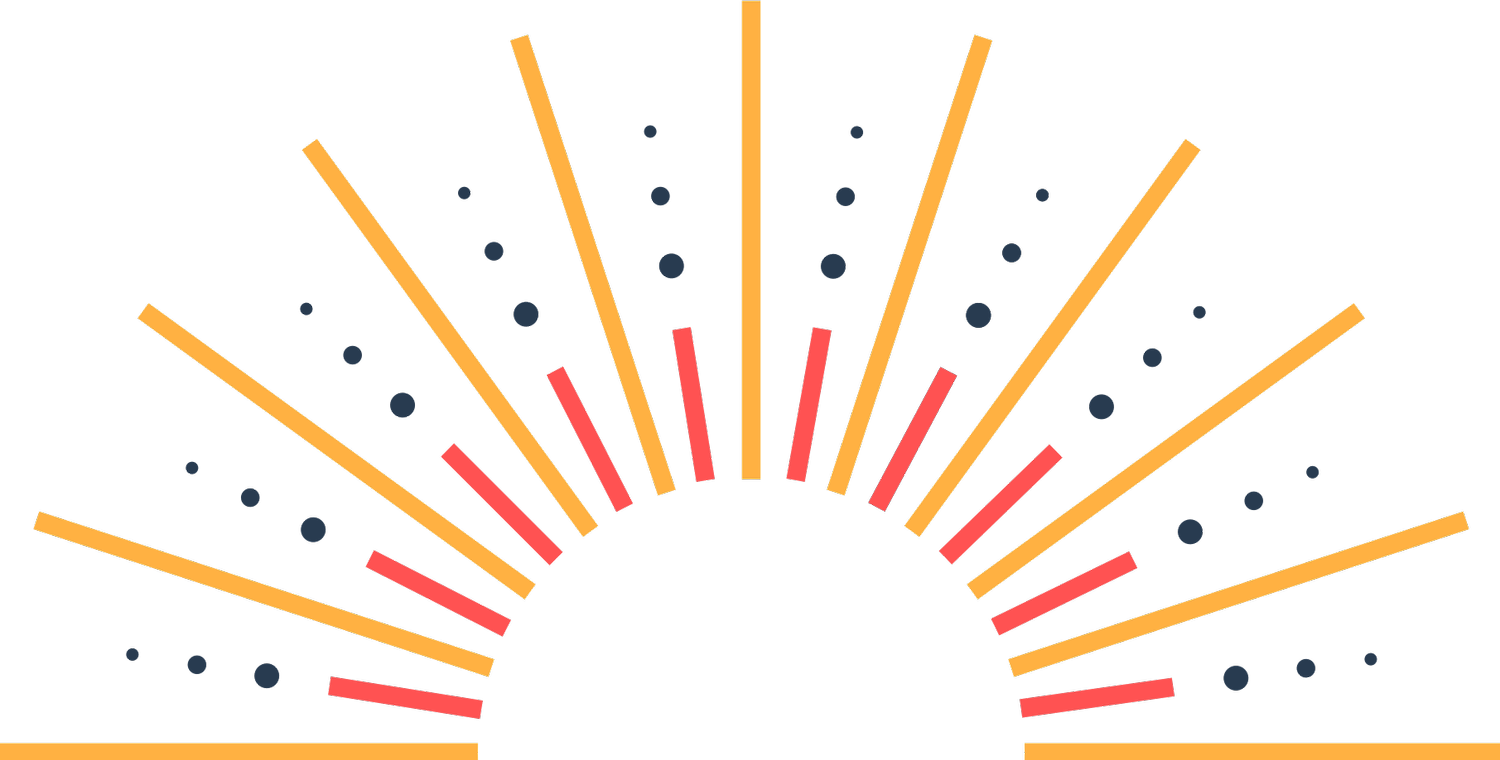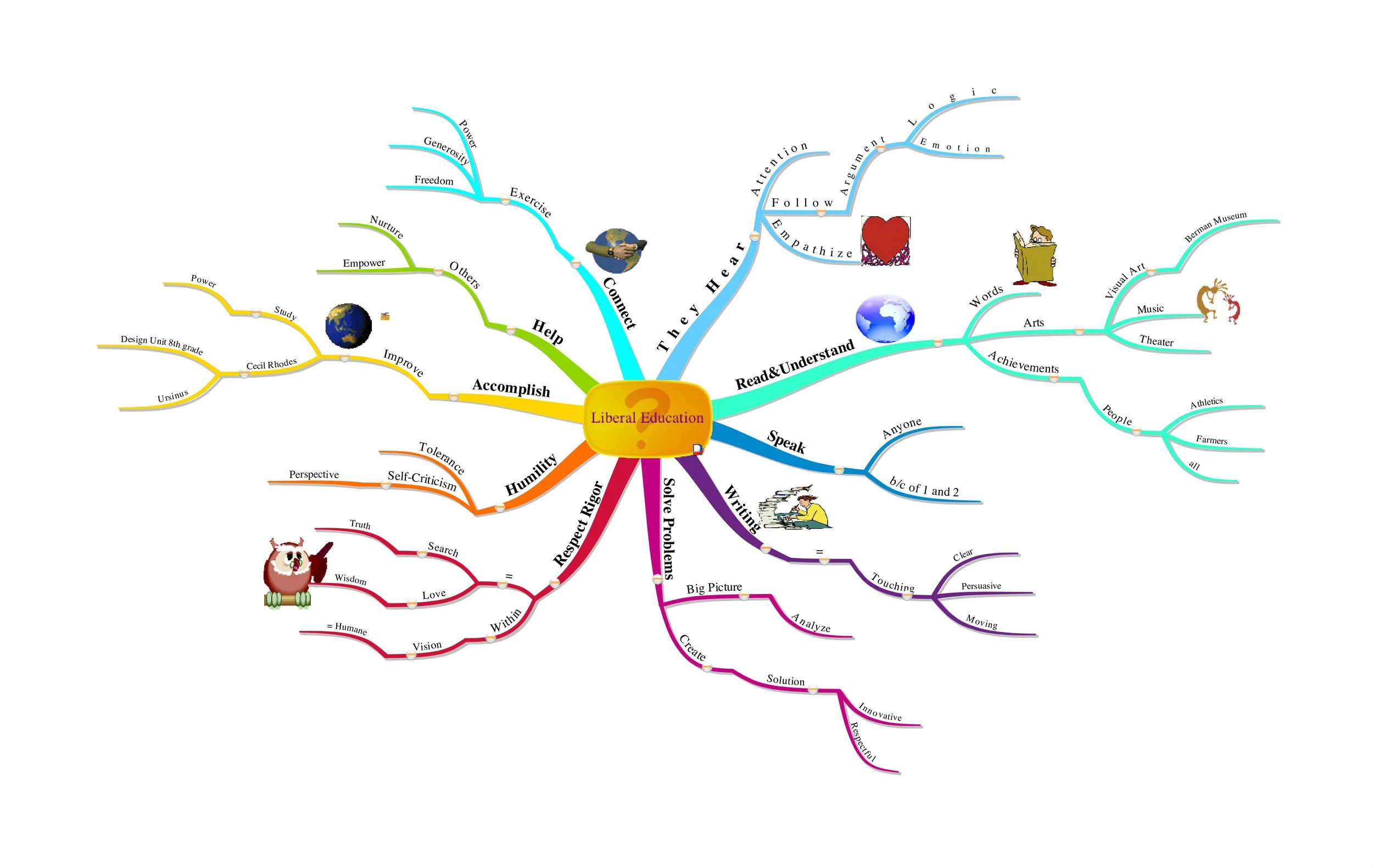National: October 2025 Highlights
Innovation in Action
Each month, we celebrate the stories of Innovation Accelerator teachers and students making a difference across Indiana and beyond. This is the beyond!
Quick Hits:
Perkiomen Valley High School: A former NOVA Lab student now uses design thinking and empathy-driven problem solving to help mothers in Sierra Leone tell their stories through film
South Fayette High School: Students built an AI-powered bee apiary, run a hydroponic farm, and are partnering with All-Clad Metalcrafters to solve real manufacturing problems
Mansfield High School: Teacher Jacqueline Collins testified before the Massachusetts legislature for the fifth time, pushing for mandatory financial literacy education statewide
The Global Ripple of NOVA Lab
Pennsylvania: Garreth Heidt at Perkiomen Valley High School
In Sierra Leone, a group of mothers are learning to tell their stories through film through Lehigh University's Creative Impact Fellowship’s ‘Mothers of Sierra Leone‘ project. Behind this inititive is Julia Killar, a student in the Population Health and Biology Program at Lehigh and a former member of Garreth Heidt's NOVA Lab at Perkiomen Valley High School.
Image: Section of the ‘Mothers of Sierra Leone‘ website
"Julia was a driven student whose work in my 2020–2021 English class was marked, even during the ins and outs of COVID, with a depth of concern for others," Heidt said. "We learned a lot about Design Thinking in English that year, and even more in NOVA Lab the following year. Empathy for the customer or person drives the human-centered approach of Design Thinking, and this resonated with Julia."
In the NOVA Lab, Julia explored design thinking and empathy-driven problem solving, skills she's now using halfway across the world. The program's name reflects its purpose: nova are stars that flare up and return to their original luminosity, and the word itself means "new" in Latin. It's also at the heart of "innovation." NOVA Lab is designed as a space where students follow their own interests and use curiosity to solve real-world problems.
Heidt describes it as "a space for inspiration, aspiration, respiration, and creation." For many students, he said, "it challenges a good deal of the traditions of education. Work and time move differently in NOVA Lab, and while such freedom and space are not as productive for everyone, it has been the birthplace for more genius than I've seen in most of the 28 years of my career prior to NOVA Lab's inception."
What makes NOVA Lab unique is how it blends liberal arts thinking with entrepreneurship. When Heidt recently reconnected with a former student at Wake Forest University who interviewed him for a class on Entrepreneurship and the Liberal Arts, he reflected on why that combination matters. "Knowing a good deal about a lot of things helps you find connections between wildly diverse ideas," Heidt said. "Which is actually the essence of creative thinking. And who is more "practically" creative than entrepreneurs?"
Image: Heidt also shared a mindmap he created while studying William Cronon’s essay “Only Connect: The Goals of a Liberal Education.” The map outlines key ideas from the essay and how they align with the principles behind his own curriculum.
That philosophy explains why Julia is using filmmaking to address maternal health in Sierra Leone. NOVA Lab didn't train her for one specific career. It taught her to see connections between different fields and use empathy to identify where she could make an impact.
These moments of reconnection, Heidt said, are what make teaching meaningful. "We rarely know how far our influence extends," he said. "But when students reach back years later, what could be more valuable? Our purpose as teachers is confirmed, and we are filled with joy."
Julia's work is proof that NOVA Lab's approach creates ripples far beyond the classroom as students carry a way of thinking that follows them into whatever work they choose. And sometimes, that work reaches across the world.
Students Building a Sustainable Future
Pennsylvania: AJ Mannarino at South Fayette High School
At South Fayette High School, an AI-powered system is monitoring bee hive health in real time. It's one of several projects that show how South Fayette students are solving real-world problems through hands-on learning. When teacher AJ Mannarino presented at Penn State's Sustainability Summit, he highlighted how his students are using technology, teamwork, and entrepreneurship to make measurable impact. Their work includes:
AI-powered bee apiary prototype tracking hive health
Freight Farm hydroponic garden powered by a Smart Flower solar system
Student-built food trailer for live-streaming cooking shows and selling food at local events
Life skills program where students grow and sell produce to local culinary programs while developing business, communication, and leadership skills
Beyond the classroom, South Fayette students are sharing their work with wider audiences. At the school's Future Focused Learning Summit, students led presentations for educators, business leaders, and peers.
One student group, SHOUT (Social Handprints Overcoming Unjust Treatment), ran a breakout session titled "What Happens When Students Don't Just Ask for Change—They Lead It?" The group organizes the student-led Uncommon Conference, which has welcomed over 450 students and faculty from more than 20 schools. "SHOUT has taught me how to be an innovative thinker to create positive change in school spaces," said Pranita C. "Our biggest event of the year allows students to become entrepreneurial leaders to find meaningful ways to advocate for inclusivity and diversity."
Now, Mannarino is taking on new challenges. He is helping to create a Shipping Container Design Challenge, a competition that tasks schools with transforming a single shipping container into a fully functional, student-run business. His team is writing a MoonShot Grant to fund the project. Students are also partnering with All-Clad Metalcrafters to solve real problems within the company, like exploring ways to eliminate harmful chemicals from nonstick cookware, studying metals that improve heat distribution, and investigating how to recirculate manufacturing heat back into the facility to reduce winter heating costs. That last idea? It came from Mannarino's students!
Reflecting on his teaching philosophy, Mannarino said, "Find a cheerleader in your administration and say 'yes' often. Too often, we underestimate what students can do, but I've found that I learn just as much from them as they learn from me. The moral of the story: trust your students, empower their ideas, and build a strong team. No idea is too ambitious with the right people in place."
Championing Financial Literacy for Every Student
Massachusetts: Jacqueline Collins at Mansfield High School
This fall, Jacqueline Collins logged into a virtual hearing as the final speaker testifying before the Massachusetts Joint Committee on Education. Her message: every high school student in Massachusetts deserves a semester-long financial literacy course before graduation.
Collins was there to support H.594, An Act Relative to Personal Financial Literacy, a bill that would guarantee that education statewide. It wasn't her first time making the case, she's testified at the State House several times over the years, but this time, she brought her students' voices with her.
"I actually polled my students on the subject and it was unanimous," Collins said. "They all believed that financial literacy should be guaranteed for students before graduation."
The momentum for financial literacy is growing nationwide. Thirty states now require it for high school graduation, but Massachusetts isn't one of them. Collins and other advocates are pushing not only for a standalone financial literacy course, but also for a Financial Literacy Trust Fund to support professional development for educators who will teach it.
"I hope the true importance of financial literacy education isn't lost in politics or implementation," Collins said. "Every student will manage money at some point in their lives. It would be foolish for us not to prepare them for that reality. My goal is to ensure we implement financial literacy education thoughtfully and for the right reasons, not merely to check a box."
As of late October, House Bill 627 has advanced to the Committee on House Ways and Means, a significant step forward, even though H.594, the most comprehensive version of the bill, did not move ahead this time. For Collins, the fight continues. She's been showing up for years, and she's not stopping now.






